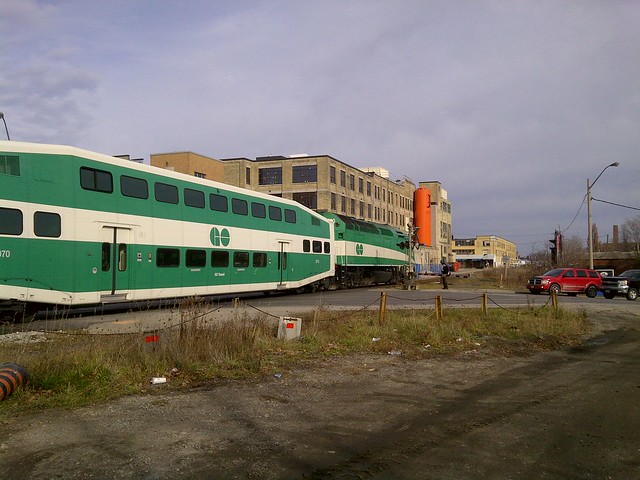Pave Laurel Trail Already
Earlier this week, Terry Stewart wrote in with the below comments on Laurel Trail.
(In terms of labels for these paths, my understanding is that the path between the University of Waterloo and uptown Waterloo is part of the Laurel Trail, while the Iron Horse Trail begins on Caroline Street.)
The Iron Horse Trail is an invaluable transportation corridor linking communities in Waterloo Region. Most of the Trail is a comfortably wide asphalt strip that follows the former railroad corridor. Hundreds (if not thousands) of commuters, walkers, cyclists, rollerbladers, and skateboarders use the Trail each day.
However, at various times during the year, the Iron Horse Trail from Perimeter Institute past the Waterloo Zoo is a wet, dirty, almost impenetrable mud fest. It is one of the few sections of the trail that is not paved. Yes, this year has been unseasonably wet and mild but it doesn’t take much rain or wet snow to make that part of the trail sloppy.
Today when I got home, my boots were soaked and muddy. The rain pants that I wore were splattered with dried muck. As much as I want to walk every day, at this time of the year it makes me want to drive to work just so my socks will be dry the rest of the day.
But it’s not really just about me. There are many other reasons for paving that section of the Trail:
- People in wheel chairs, rollerbladers, mothers with baby carriages could use the Trail all year long – they could not have navigated that section of the Trail today.
- It would be safer. The inevitable potholes and puddles that form are dangerous to walkers and bikers. The snow and ice that accumulate also melts more quickly on the black asphalt.
- It could end up being cheaper. The cost of grading and filling in pot holes could be avoided.
So, please, Waterloo, your section of the Iron Horse Trail is embarrassing! Please pave it in the interest of health, safety and environment.
We whole-heartedly agree, given how important a corridor Laurel Trail is for walking and cycling in Waterloo.

